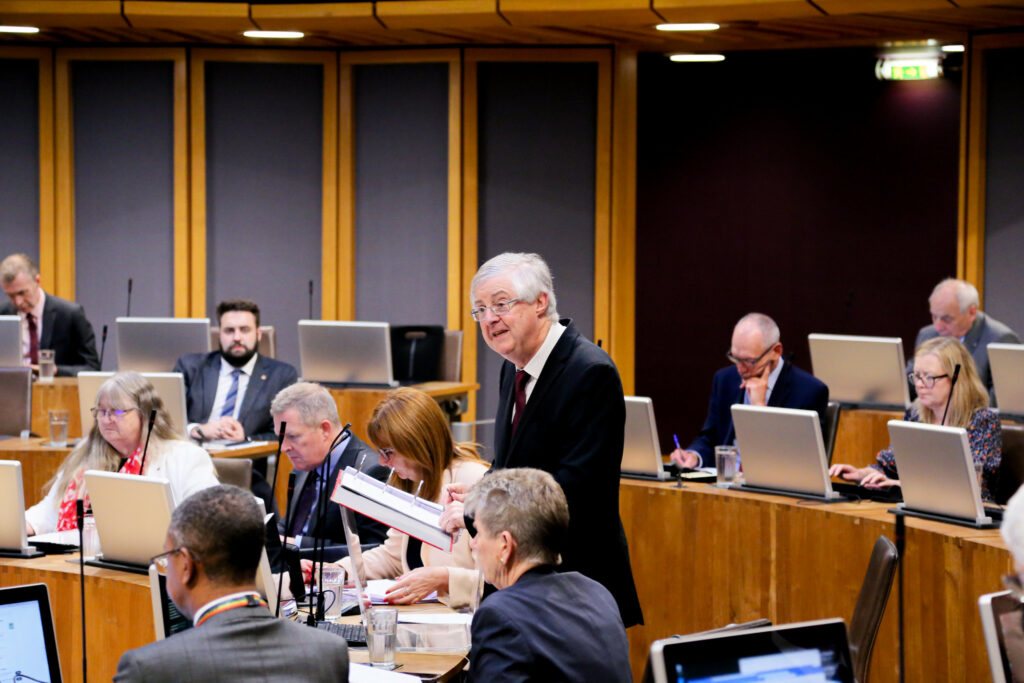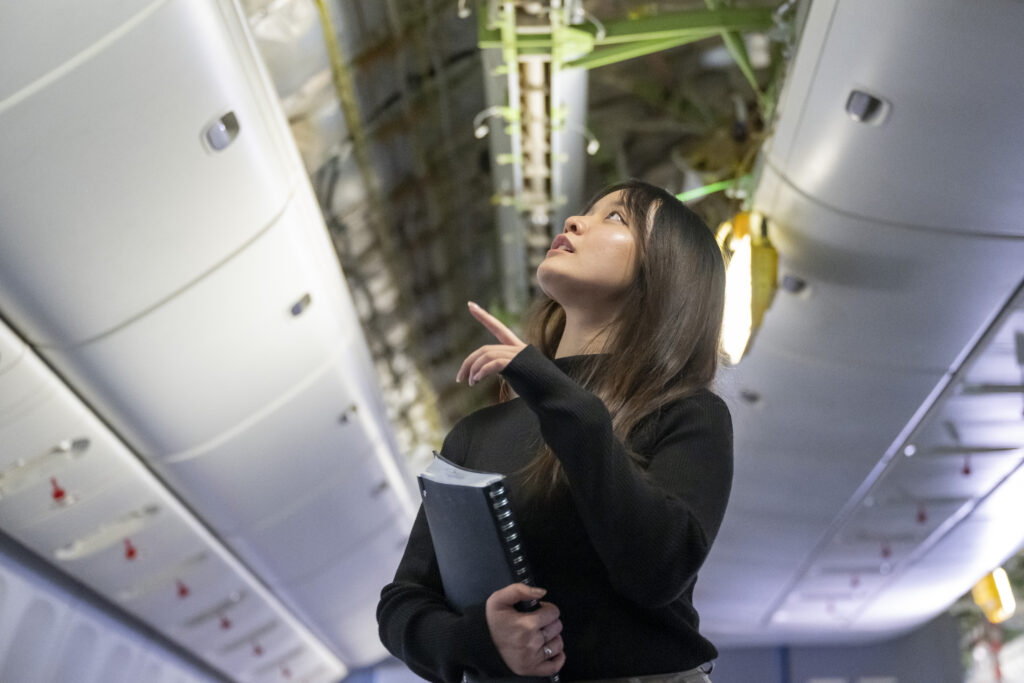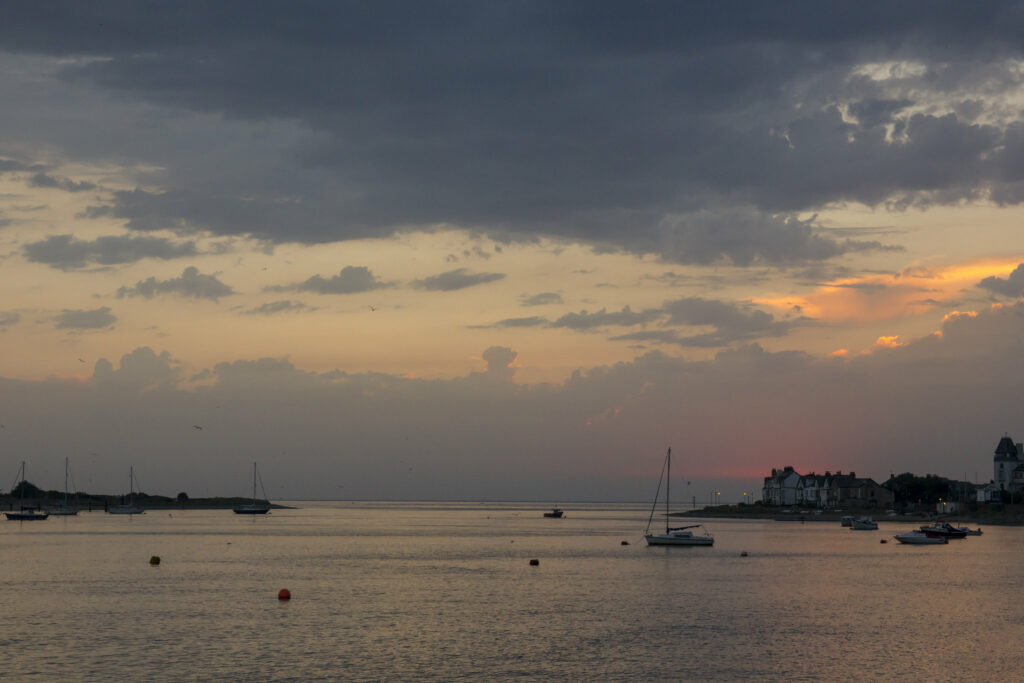As the Welsh Labour leadership campaign commences, Joe Rossiter considers some of the key issues which could shape the debate.

Comment, analysis and debate on the issues that matter for Wales, by writers from diverse sectors and political perspectives.

As the Welsh Labour leadership campaign commences, Joe Rossiter considers some of the key issues which could shape the debate.

Joe Rossiter, the IWA’s Policy and External Affairs Manager, reflects ahead of COP28 on the state of climate and inequality

Senedd reform can be part of a suite of measures to reinvigorate our stagnant democracy, and we must meet the scale of change, writes Joe Rossiter

Olivia Harrison, Chief Executive of The Learned Society of Wales, outlines the crucial impact higher education research plays for Wales, the UK and internationally.

Lydia Godden summarises the IWA and Bangor Universities’ open discussion about the economic future plans of The Anglesey Energy Island programme.

Shea Buckland-Jones and Ruth Lawrence say that now is the time for Wales to agree a long term vision for our food system

Joshua Miles, the Director for Wales at the Learning and Work Institute, outlines what The Commission for Tertiary Education and Research (CTER) aspirations should be and the positive effect of lifelong learners.

Rachel Cable, Director of Policy and Public Affairs at ColegauCymru, welcomes the appointment of the new CTER Chief Executive and believes the Commission offers a real opportunity to redesign learning pathways for further education.

Cerith D. Rhys Jones believes the creation of the Commission for Tertiary Education and Research offers a real opportunity for Wales to think differently about education.